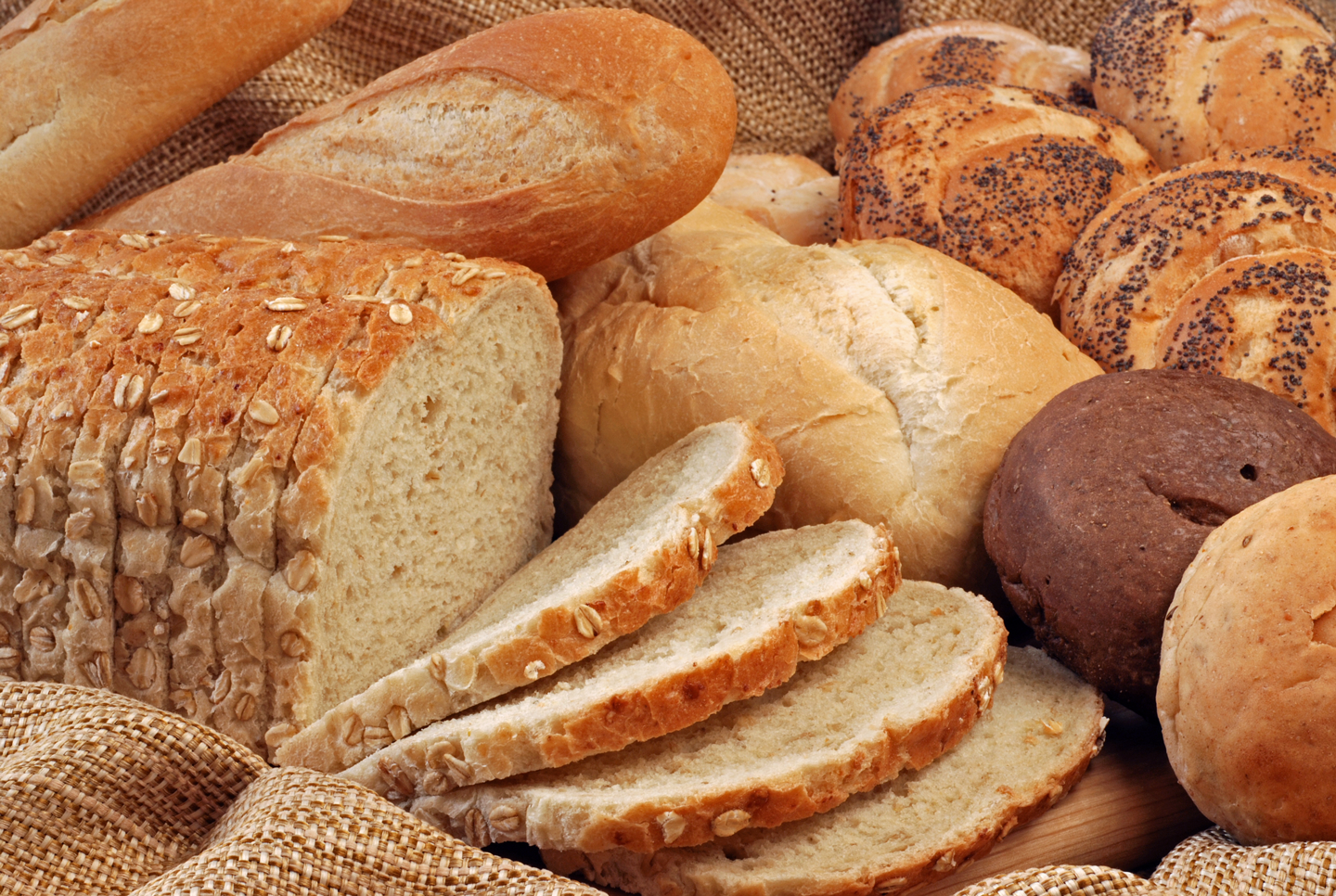
Can You Eat Bread After Wisdom Teeth Removal?
Wisdom teeth removal is a routine dental procedure that many individuals undergo to prevent potential oral health issues. Post-extraction care, including dietary considerations, is paramount for a smooth recovery. One common query that arises during this time is whether it’s safe to indulge in bread. Let’s delve deeper into the details and explore the dos and don’ts of incorporating bread into your diet after wisdom teeth removal.
Understanding the Post-Extraction Period
The post-extraction period is crucial for the healing of oral tissues. After the removal of wisdom teeth, the body initiates a natural recovery process that requires careful attention to diet. During these initial days, the oral tissues are sensitive, making it imperative to avoid certain foods that could impede the healing process or cause discomfort.
The Importance of Soft Foods
Soft foods play a pivotal role in the post-extraction diet, providing a gentler option for the healing of oral tissues. Foods like yogurt, mashed potatoes, and smoothies are commonly recommended, as they help prevent unnecessary strain on the surgical sites. However, not all soft foods are created equal when it comes to the realm of bread.
Choosing the Right Type of Bread
When contemplating bread consumption after wisdom teeth removal, the type of bread becomes a critical consideration. Opting for soft and easily chewable varieties is essential. While white bread is generally softer than whole grain or artisanal bread, it’s crucial to assess individual preferences and tolerances. Crusty or overly dense bread may pose challenges during the initial days of recovery.
Bread Preparations for a Comfortable Experience
To make bread more tooth-friendly after wisdom teeth removal, consider the following preparations:
- Light toasting: Lightly toasting bread can render it softer and more manageable to chew.
- Smaller pieces: Cutting bread into smaller, bite-sized pieces reduces the effort required for chewing, minimizing the strain on the healing oral tissues.
Potential Challenges and Solutions
While soft bread can be a suitable option for many individuals, some may still encounter challenges. It’s crucial to be mindful of variations in pain tolerance and the rate of healing. In cases where chewing remains uncomfortable, patients may opt for alternatives like dipping bread in soup or soft spreads, making it easier to consume.
General Guidelines for Post-Extraction Diet
Beyond bread considerations, adhering to these general guidelines can contribute to a smoother recovery:
Adequate hydration: Staying hydrated is crucial for overall health and can prevent dehydration during the recovery period.
Avoidance of crunchy or hard foods: Steering clear of chips, nuts, and other crunchy snacks is essential to prevent irritation to the surgical sites.
Limiting spicy or acidic foods: These can cause discomfort or irritation to the healing tissues.
Adhering to dentist’s advice: Specific post-extraction care instructions provided by your dentist should be diligently followed for a successful recovery.
Balancing Act: Approach to Post-Extraction Diet
Overall, incorporating bread into your diet after wisdom teeth removal is indeed possible, provided you make informed choices regarding the type of bread and its preparation. Soft, easily chewable options can be seamlessly integrated, contributing to a more comfortable recovery experience.
However, individual experiences may vary, necessitating a keen understanding of one’s own body and a willingness to adapt dietary choices accordingly. With a thoughtful approach to your diet and a commitment to following your dentist’s instructions, you will be on the path to a swift and easy recovery.
Beyond Bread: A Wholesome Recovery Diet
While the focus here has been on bread, it’s crucial to remember that a wholesome recovery diet encompasses a variety of nutrient-rich foods. Consider incorporating soft fruits, cooked vegetables, and protein sources like eggs and yogurt. These options not only contribute to your overall nutritional needs but also add variety to your post-extraction culinary landscape.
Consult Your Dentist for Personalized Guidance
Every individual’s journey through wisdom teeth removal and recovery is unique. If you have specific concerns or dietary considerations, don’t hesitate to consult your dentist. They can provide personalized guidance based on your oral health, helping you make the best choices for a comfortable and speedy recovery.

